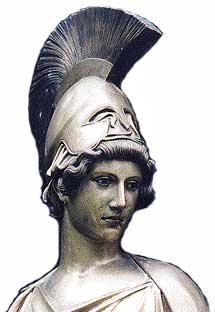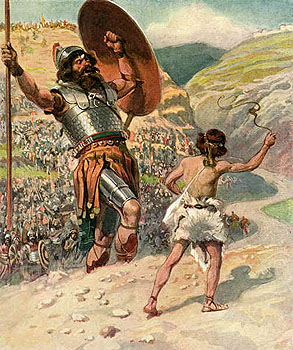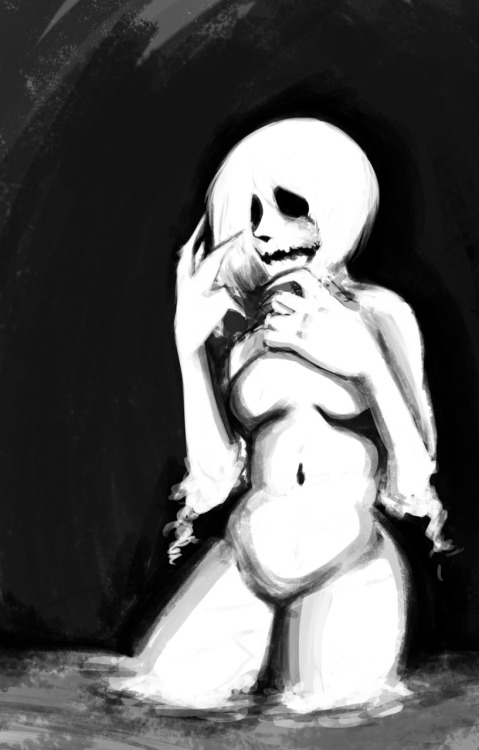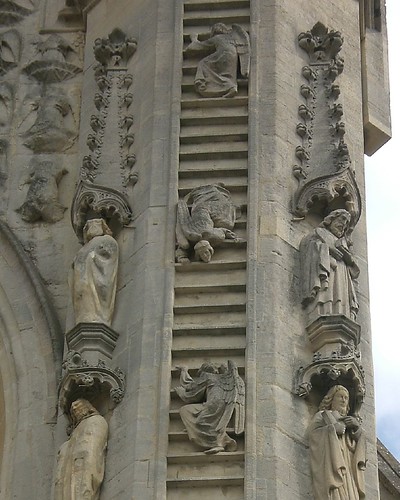1. If Odysseus was American, he would be just like Ulysses Everett. They are both clever and wordy; neither one is modest about this. Also, both are adventurous leaders. Even their wives share the same name, Penelope.
2. The main characters' followers are carefree and not very smart. For example, Pete and Delmar think that they are absolved from the law after they get baptised, much to Everett's chagrin. Odysseus' crew disobeyed him many times, like when they ate the Lotus flowers or when they opened the bag of winds intending to steal some of his loot.
3. They both go through the abyss of the hero's journey. Odysseus' abyss is the actual Underworld, while Everett's is when he finds the KKK lynch mob and when he has to tell Pete and Delmar that he lied about the treasure.
Although we already talked about the common themes of O Brother, Where Art Thou? and the Odyssey in class, we never discussed OBWAT's relationship with the Bible.
OBWAT seems to satirize the Bible at times, even to extremes. Dan Teague claimed he was a "Bible salesman", but he just turned out to be greedy and violent. He beat up Everett and Delmar and when he found out they had no money, he killed their frog and drove away in their car. Big Dan comes back even later in the film as a participant at the KKK meeting. This completely opposes the Christian worldview that everyone is equal and it is wrong to hate. At the KKK meeting, they had a burning cross, so they thought they were doing good in the name of their lord, but they were actually doing just the opposite.
My question is, did you find any other significant similarities between OBWAT and the Odyssey? How about the Bible? Also, just for fun, how do you think of the song "Man of Constant Sorrow" and how the people in the movie went crazy over it? I think it's pretty catchy myself.














